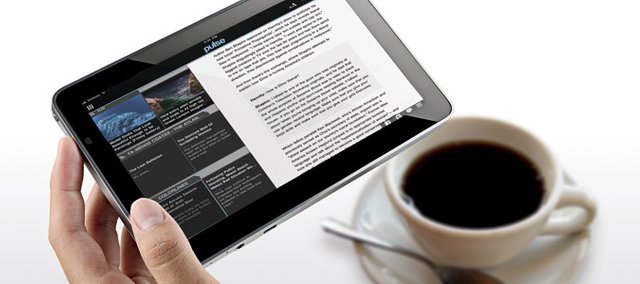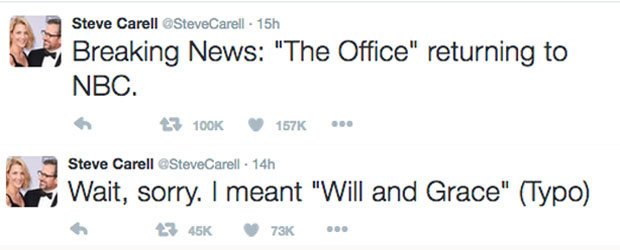![]()
It's 2017, we're in a world of "post-truth" and everyone is now very aware of "fake news."
The U.S. election brought the problem into the public eye - stories about the Clinton's lining up hit jobs and Bill Clinton raping a young woman went viral.
Of course these stories are in no way fact based but were shared more than real stories on Facebook and Twitter during the election.
Why did this happen?
There's a number of reasons - like people wanting to believe things so bad that facts don't matter.

For those of us who care about facts, the problem was not paying close enough attention.
Here's a quick list of things you can do to get to the truth:

.1 Read the whole article
This may seem obvious but even skimming an article can make you miss key phrasing and catch words that jump out at you instead.
Even if you don't claim to be a big reader or follow politics, our brains adjust to reading a certain type of writing style in news articles.
Watch out for the word "sponsored."
If you're reading something and you notice a lot of spelling errors - there's a good chance that article hasn't been looked at by an editor.
If someone isn't careful enough to double check spelling - will they go through the trouble to double check facts?
This also goes beyond just the words on the page. Look at the layout of the site, even the address can be a dead give away.
Basically, in 2017 you have to have your wits about you reading from any unknown source.
.2 Check your site against other well known sources
If you see on your Facebook that Justin Bieber has died (again) - what do you do?
Probably, your first move should be checking a big name news organization in your country before you even click it.(Or completely ignore it)
Some click bait articles on Facebook can hack into your account and spread the article to your friends and followers.

.3 Use a fact-checking site
A quick and easy way to double check a dubious story is to use a fact-checking website - snopes.com is a great site for this.
.4 Don't believe everything your heroes say
Just because Steve Carell says The Office is coming back to NBC or Trump retweets a completely false story from the Drudge report, it doesn't mean it's true.
Celebrities and politicians get tricked by fake news just like the rest of us.
A good rule of thumb is to follow the other tips above and not let yourself believe something just because someone in a place of power believes it.
.5 Check the date of the article
This one isn't so much for "fake news" but annoying news.
It happens all the time on Facebook.
You'll see a story about a big car accident or food contamination and when you click on the link - it's from 3 years ago.
An easy way to stop sharing old articles is to check for a date on every story you read - any real news organization will have dates attached to reports.
I hope this post helps for future reading - remember that if you really look it's easy to spot fake news.



The way I can tell is I look for letters like ABC, or NBC, or CNN, or FOX...then I know it's fake!
Downvoting a post can decrease pending rewards and make it less visible. Common reasons:
Submit
I would add BBC, Sky News, The Guardian, New York Times and Washington Post to the list of Fake News sites
Downvoting a post can decrease pending rewards and make it less visible. Common reasons:
Submit
Not to mention Snopes who I understand is funded by Soros!
Downvoting a post can decrease pending rewards and make it less visible. Common reasons:
Submit
Funding doesn't matter when it comes to results. Snopes has helped me countless times figure out if a story is reliable.
Also, every news outlet has its faults - but there are thousands of dedicated reporters who don't deserve to be painted with a broad brush that connects them to a heartless business.
It's very easy to say that the media is distorted and blame them for the falsehoods that are spread.
The point I was trying to make was that all news can be distorted and it's now up to us to be vigilant.
Downvoting a post can decrease pending rewards and make it less visible. Common reasons:
Submit